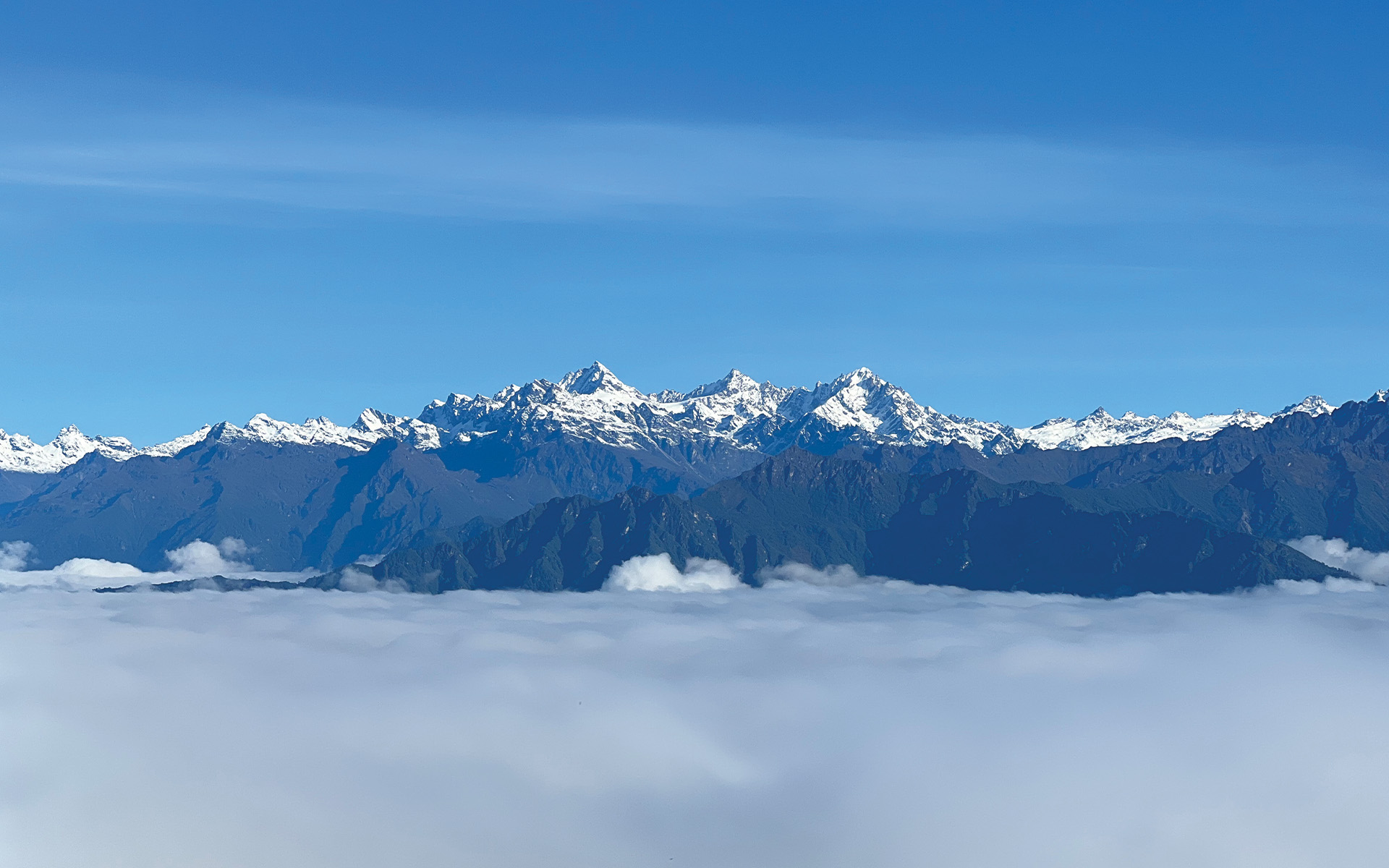

 18.49°C काठमाडौं
18.49°C काठमाडौं

Climate change is one of the greatest challenges of our time, transcending borders and reshaping international diplomacy. With the Global North and South holding differing perspectives, traditional frameworks for addressing these challenges often fall short. Consequently, climate diplomacy has emerged as a vital instrument for bridging these divides and advancing national interests on the global stage. For Nepal, which contributes minimally to global emissions yet ranks 10th among the most climate-vulnerable countries, climate diplomacy is not an option, but a necessity to safeguard its future. However, as climate negotiations become increasingly complex amid shifting geopolitics, evaluating Nepal’s engagements and opportunities is vital.
The United Nations Framework Convention on Climate Change (UNFCCC)’s Conference of the Parties (COP) is the primary arena for global climate negotiations. Convening annually, it brings together world leaders, negotiators, and other stakeholders to assess progress and strengthen commitments to combat climate change. Nepal, with its dual identity as a mountainous country and a Least Developed Country (LDC), has consistently leveraged these positions to advocate for increased climate finance, technology transfer, and greater awareness about the vulnerabilities of mountain ecosystems.It is an active member of negotiating blocs and alliances, such as the Least Developed Countries (LDC) Group, the Climate Vulnerable Forum (CVF), the G77 and China, and the Mountain Partnership.
At COP29 in Baku, Nepal focused on securing climate finance, operationalizing the Loss and Damage Fund, and advancing its mountain agenda. President Paudel’s statement during the World Leaders Climate Action Summit, “Protection of the mountains is the protection of the earth,” underscored Nepal’s deep commitment to this cause. Following his departure, the Minister for Forests and Environment led the delegation. While Nepal secured key agreements in its favor on the sidelines of COP, it also echoed the broader failure of the New Collective Quantified Goal (NCQG) on climate finance to deliver.
Nepal has actively sought high-level engagements to secure global attention. In October 2023, UN Secretary-General António Guterres visited Nepal at the invitation of then-Prime Minister Dahal. After the visit, he called for international support, stating, “It’s time to stop the looting and generating climate change because we must preserve these wonderful mountains and glaciers.”
In May 2024, Nepal hosted the first International Expert Dialogue on Mountains, People, and Climate Change, attracting over 250 delegates. In December 2024, Foreign Minister Deuba presented Nepal’s case at the International Court of Justice (ICJ), demanding accountability from developed nations and advocating for the ‘Polluter Pays’ principle, saying, “We have been penalized for the mistakes we never made, for the crimes we never committed.”Looking ahead, Nepal is set to host the Sagarmatha Sambad in May 2025, its largest diplomatic initiative in recent history. The success of this event largely hinges on the level of participation, commitment, and outcomes, with the potential to be a turning point for Nepal.
Nepal has a strong moral and political case to advocate for equitable climate finance, push for stronger commitments from developed countries, and position itself as a leader in the mountain agenda. However, to translate its advocacy into tangible outcomes, Nepal must adopt a more strategic and proactive approach to climate diplomacy, effectively capitalizing on the opportunities it offers.
While the country has made progress in accelerating domestic action, improving inter-ministerial coordination, and engaging non-state actors, its influence in international negotiations remains constrained. The absence of a permanent negotiating team limits Nepal’s ability to effectively advocate for its priorities in highly technical discussions. Institutionalizing climate diplomacy and building the capacity of youth can help bridge this gap, ensuring a pipeline of skilled experts for the future.
Nepal must also strategically forge collaborations and strengthen regional and global alliances through dialogue and cooperation. Building alliances with mountainous and neighboring countries in South Asia is critical to addressing shared challenges of transboundary water governance and the protection of mountain ecosystems—ensuring a better-coordinated effort on the global stage. Moving forward, striking a balance between economic development and sustainability is also equally essential. While the complexities of a warming world are profound, they also present opportunities for innovation and collective action. To ensure that Nepal’s climate diplomacy goes beyond participation and delivers results, it must prioritize strategic planning, strengthen its institutions, and foster collaborations.